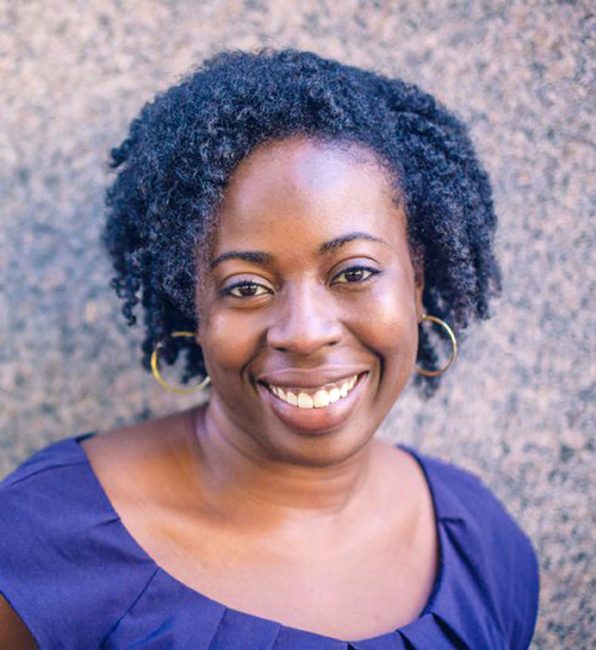Like many women with naturally curly hair, Ndija Anderson-Yantha has spent her life interacting with people who don’t quite understand her natural hair. With a strong interest in how society views women with natural hair, Ndija earned a fellowship that allowed her to study the hair stories of women around the world. Her university sponsored fellowship took her to Senegal, Australia, Egypt, Japan, India, Brazil and Jamaica to learn how natural hair is perceived around the world.
Despite the fact that more women are abandoning chemical relaxers and flat irons and embracing their natural curls, Ndija says many women still struggle with the decision to do so. She says that although more people are beginning to wear their natural curls, they are battling beliefs that curly hair is “taboo.” She says “Natural hairstyles are often seen as ugly, unprofessional, ghetto, urban and inappropriate in the workplace and classroom.” People with natural hair are often depicted in the media as criminals or on the fringes of society.
Growing up, Ndija’s mother taught her and her younger sister to braid their hair. Flat irons weren’t permitted until the girls were 12, and chemical relaxers were forbidden until they turned 16. As a result, she has worn her natural curls throughout her life, to mixed reviews from those around her. While attending Spelman College, a historically black college, Ndija was shocked when she was told she should change her appearance for an internship opportunity. She was told she should not wear her natural curls and should instead conform to a more conversation look to preserve her opportunities to get work.
Around this same time, women around the world began questioning the safety of using so many harsh chemicals on their hair. Using children’s books, Ndija began exploring how people interact with natural hair through the eyes of a young fictional female character. She was motivated to create the book to show other women and little girls that their hair is wonderful as is. Additionally, she hopes the book will help educate others regarding naturally curly hair and start a change in the conversation surrounding it.
For more on Ndija’s work, check it out here .

